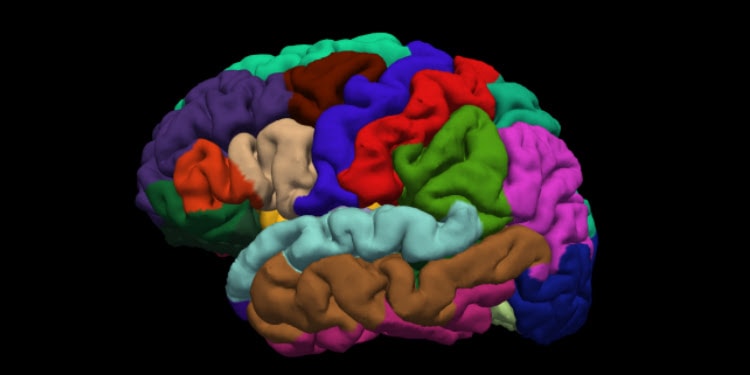Researchers Develop MRI Technique to Detect Molecular Changes in Brain
The Fellowship | July 30, 2019

Israeli innovators at Hebrew University of Jerusalem might have discovered a way to detect Alzheimer’s or Parkinson’s diseases earlier reports the Times of Israel:
Researchers at the Hebrew University of Jerusalem said they have found a way to enable magnetic resonance imaging (MRI) to provide information about molecular changes occurring in the brain, and not only images of organs, bones, nerves and soft tissue, as the technology currently does.
Human cells, however, are made up of molecules — lipids, proteins and sugars. And in parallel with the familiar external signs of aging — gray hair, stooped spine, occasional memory loss — an aging brain or one that is developing a disease also has signs: changes in the lipid and protein content of the brain tissue create “biological footprints.”
It is these changes, which can potentially distinguish normal aging from the beginnings of Alzheimer’s or Parkinson’s diseases, that MRI scans failed to detect. Until now.
Read more stories about Israeli innovators, including 24 Israeli breakthroughs from 2019.
